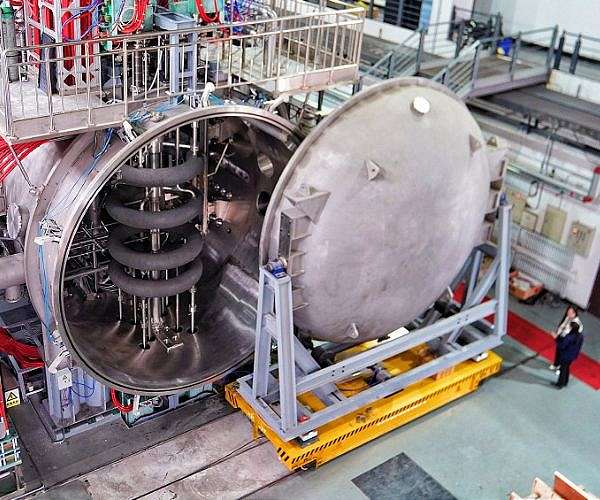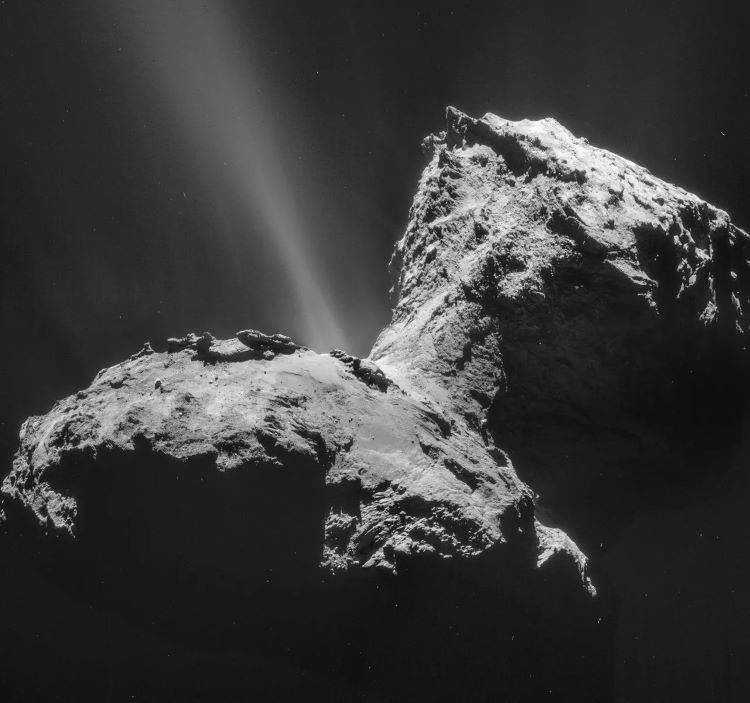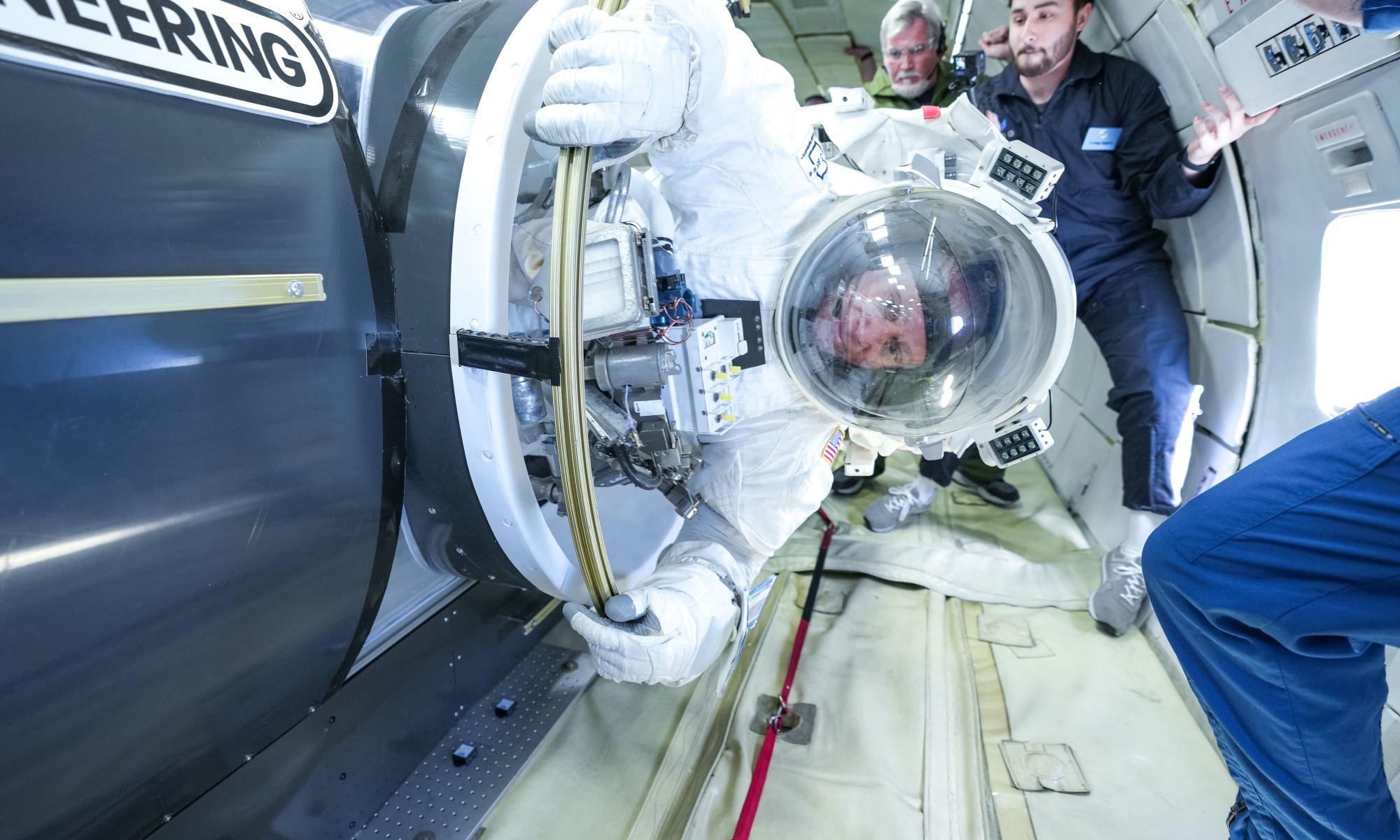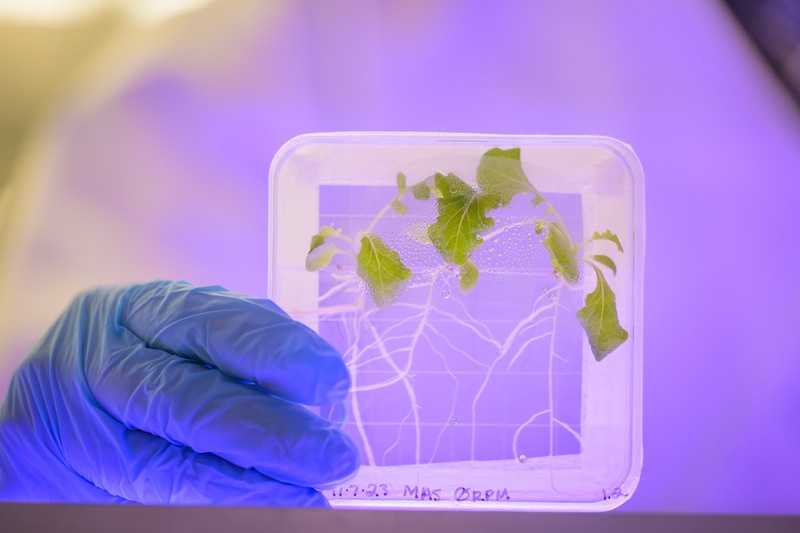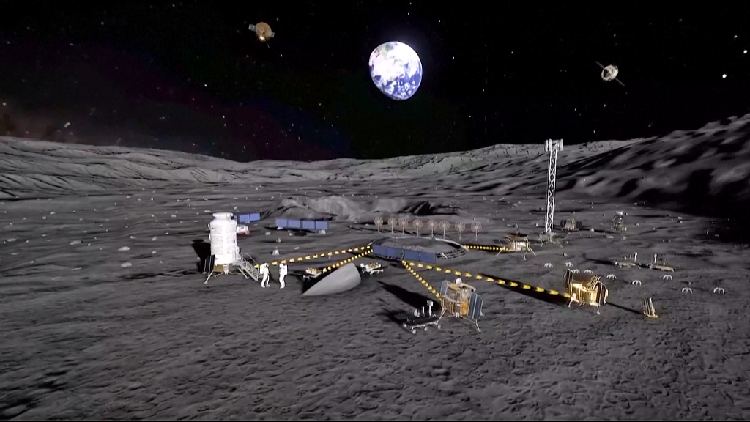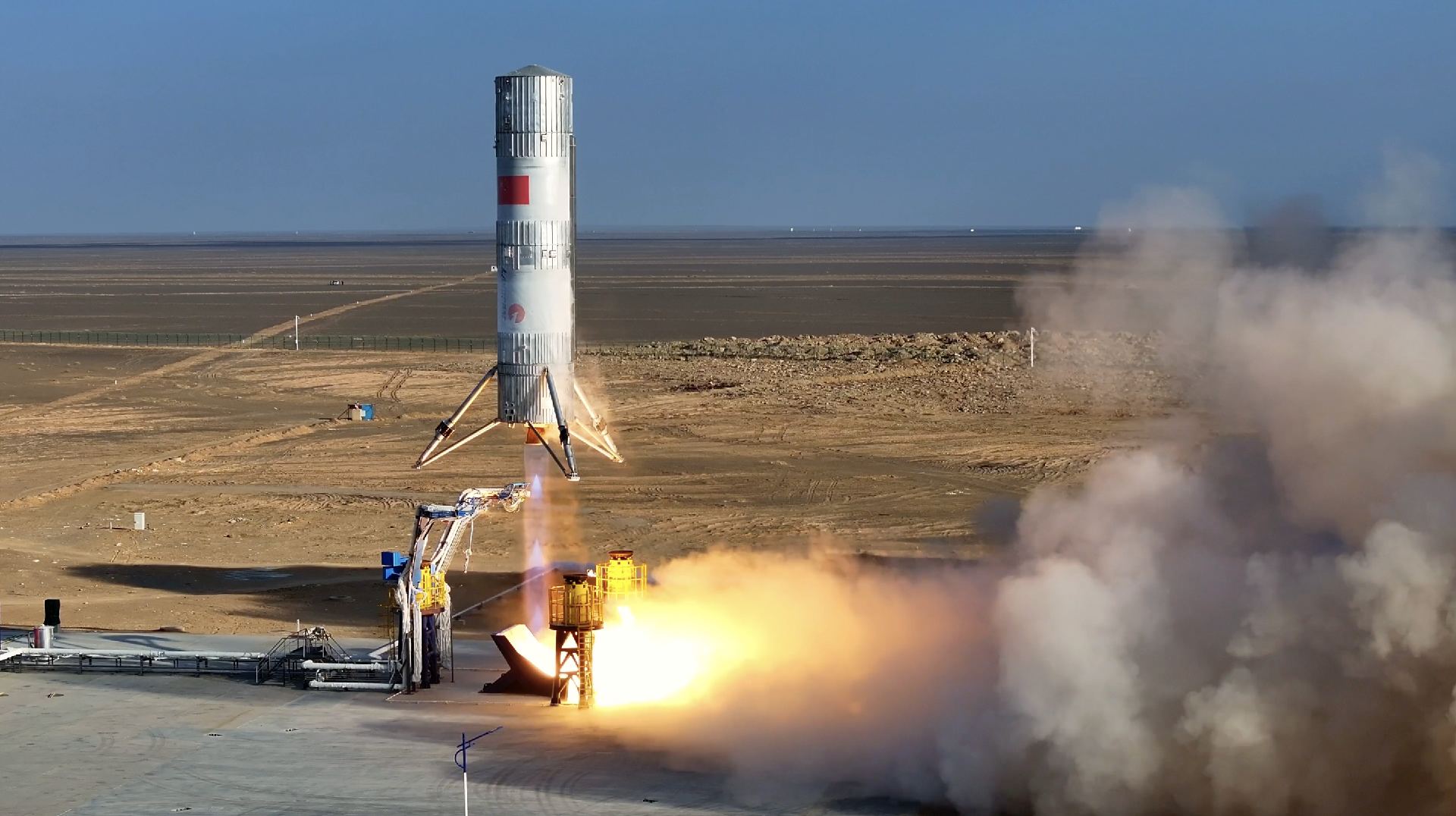Well it certainly caught my attention when I saw the headlines “China’s first Space Environment Simulator” sounds like something right out of an adventure holiday. Whilst you can’t buy tickets to ‘have a go’ it’s actually for China to test spacecraft before launching them into the harsh environments of space. It allows researchers to simulate nine environmental factors; vacuum, high and low temperature, charged particles, electromagnetic radiation, space dust, plasma, weak magnetic field, neutral gasses and microgravity – and it even looks futuristic too!
Continue reading “China Has Built a Huge Space Simulation Chamber”China Has Built a Huge Space Simulation Chamber
